“Social networks and social media are somehow a substitute, a replacement for filling a void”: Director Safy Nebbou discusses the solitude of online existence in Who You Think I Am
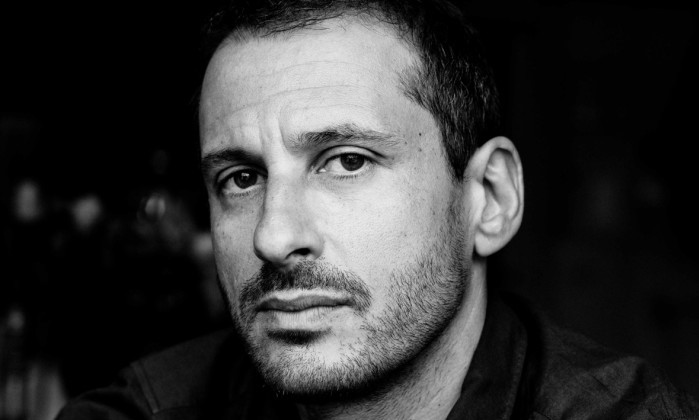
It has been suggested that the Berlinale’s decision to include Juliette Binoche’s most recent effort Who You Think I Am in this year’s lineup was little more than a favour to their current jury president, who is also the star of the film. These suspicions are unfounded, and the film can very firmly stand on its own two feet (which are presumably clad in designer shoes). Director Safy Nebbou’s film is a delectably twisty affair, which asks a lot from the audience in its plausibility, but which keeps them guessing throughout its 102 minutes. We sat down with the filmmaker at this year’s Berlinale to talk about working with Binoche and the art of structuring a film which relies on so many zigzags.
The film is based upon the novel by Camille Laurens. What was it that attracted you to the story?
The starting point was the novel – the novel the film is based on, which I read and I loved, and was quite successful in France. I loved the societal and political dimension it had. It’s, of course, a drama with humour here and there, but it’s structured like a thriller.
Much of the film hinges on the character Alex’s inclination to believe that a 50-year old woman he speaks to online is in fact only 24. Were you ever concerned at how plausible this point would be for audiences?
It wasn’t really a concern because always in life we tend to believe what we want to believe from others, depending on what we’re experiencing in that specific moment. Alex is willing to believe that this beautiful, good looking girl is, you know, falling for him.
Though it’s a romantic drama with some comedic elements, much of the film is structured like a thriller. How did you balance these elements?
It’s something that is already there in the novel, because the novel is constructed like Russian dolls, one into the other that you can discover little by little. It’s not a linear narrative, it’s quite the opposite. It’s really constructed in a way that is filled with turning points and surprises and so when I wrote the screenplay, I had to find the right balance, to dose in the right way with all the different elements that were already there in the novel. So I find myself playing with viewers in the same way that Claire is playing with her psychologist, in a way. And that was a funny part of it.
The film seems to comment on how social media can often encourage solitude and loneliness. Do you believe that this is the case?
Yes, possibly, because social networks and social media are somehow a substitute, a replacement for filling a void. We can show off and say we have thousands of friends, but are they really friends, you know, the people you connect to on the internet? Do they really exist? That’s the other question that the film poses. It poses a series of different questions about the present time.
The film deals with Claire’s loneliness and how this is the catalyst for her online deception. Was there ever any discussion about Juliette Binoche’s looks, in that in real-life a woman with her physical appearance would probably receive a lot of male attention, much of it unwanted?
You can’t really speak about the look of someone in terms of the way she feels, and she herself is feeling ugly because she feels ugly on the inside. She’s lost her self-confidence and she’s been betrayed, she’s been humiliated. And that has little to do with the way a woman, a human being, feels. It has little to do with their physicality. So she is indeed beautiful, but this doesn’t mean that she doesn’t feel ugly because of what she’s experiencing. And this is why she decides to create this avatar. I think that Juliette Binoche, in this role, is very believable in terms of a woman that has suffered a deep break in herself, in her self-confidence.
The ending of the film is wonderfully ambiguous, and open to interpretation. Was this always the ending you had in mind?
As you said, there are many different possible endings for this story, and I wanted the ending to be open to everyone’s interpretation. Some viewers might think she’s going to call him back and hasn’t learned anything. Others might think that she’s going to disclose all the tricks that she’s played. To me what was important was to leave this feeling of dizziness and uncertainty about her.
Oliver Johnston
Who You Think I Am (Celle que vous croyez) does not have a UK release date yet. Read our review here.
Read more reviews from our Berlin Film Festival 2019 coverage here.
For further information about the event visit the Berlin Film Festival website here.












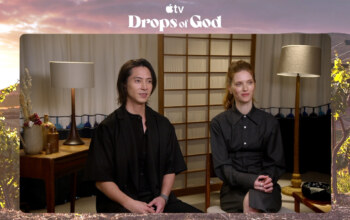
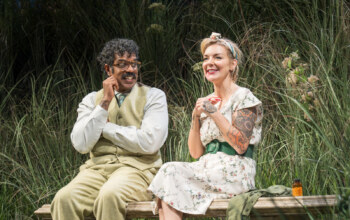


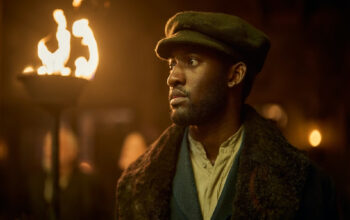






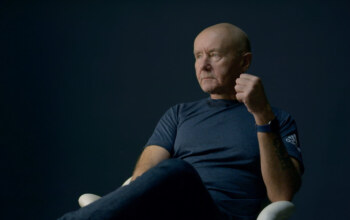

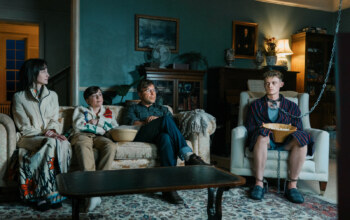
Facebook
Twitter
Instagram
YouTube
RSS